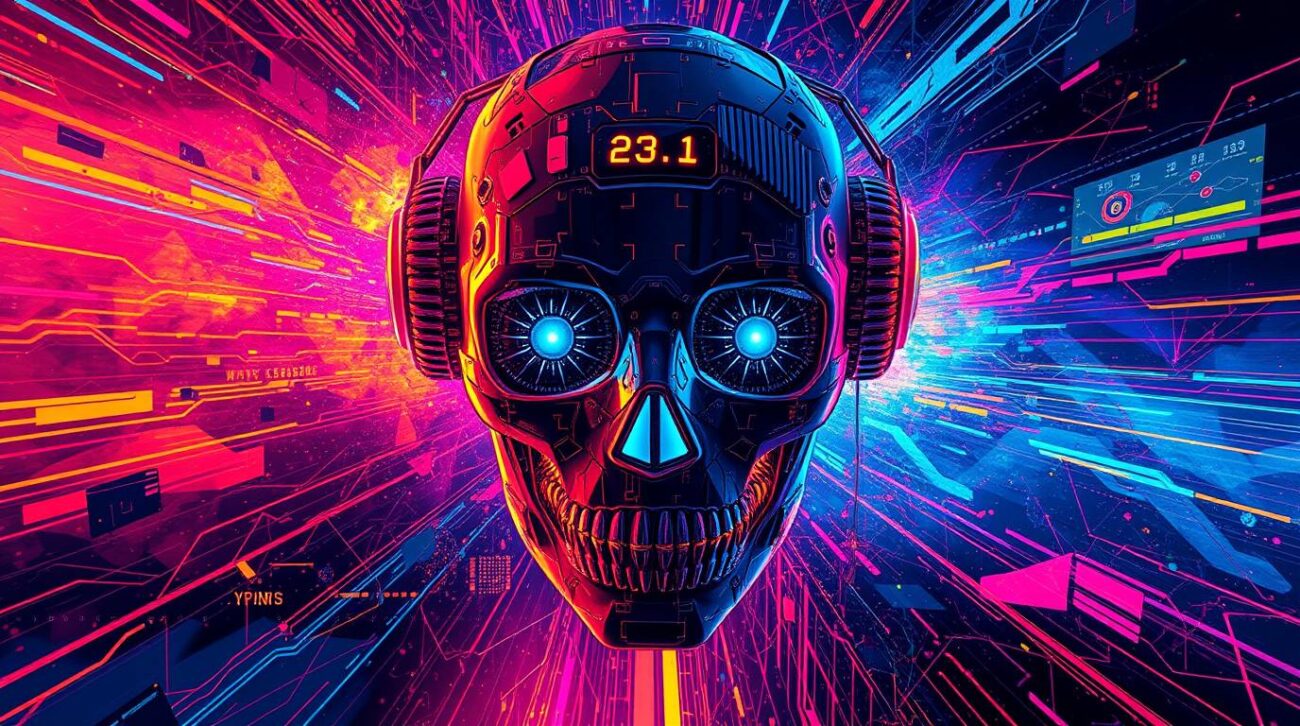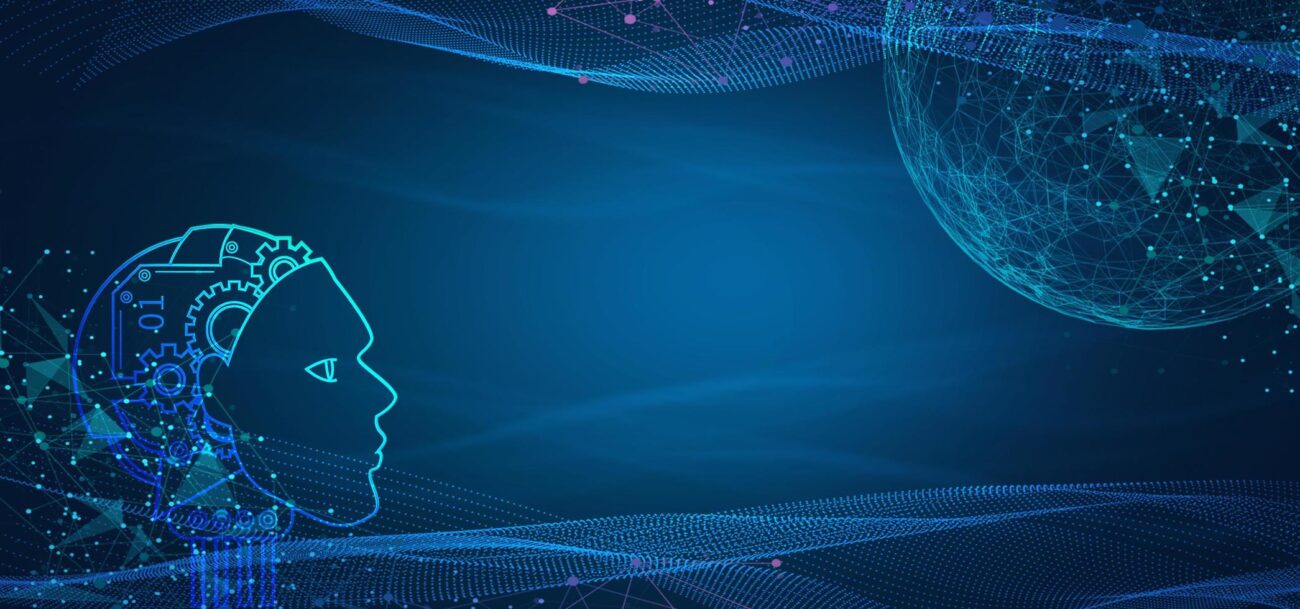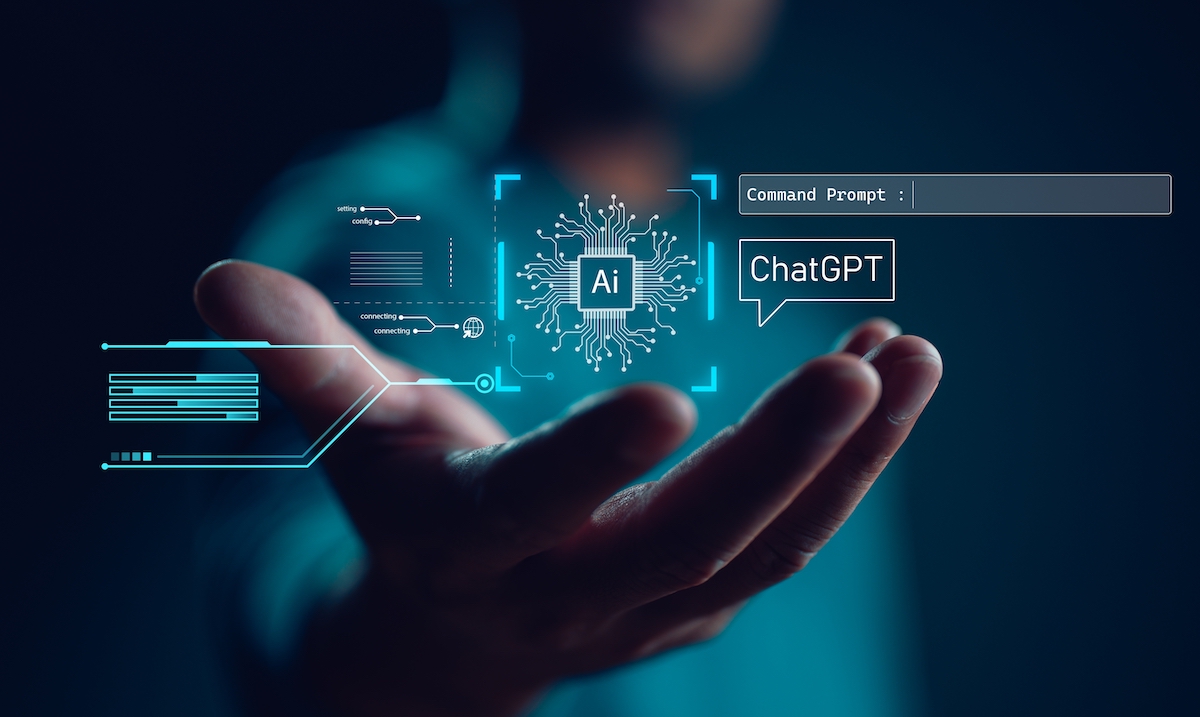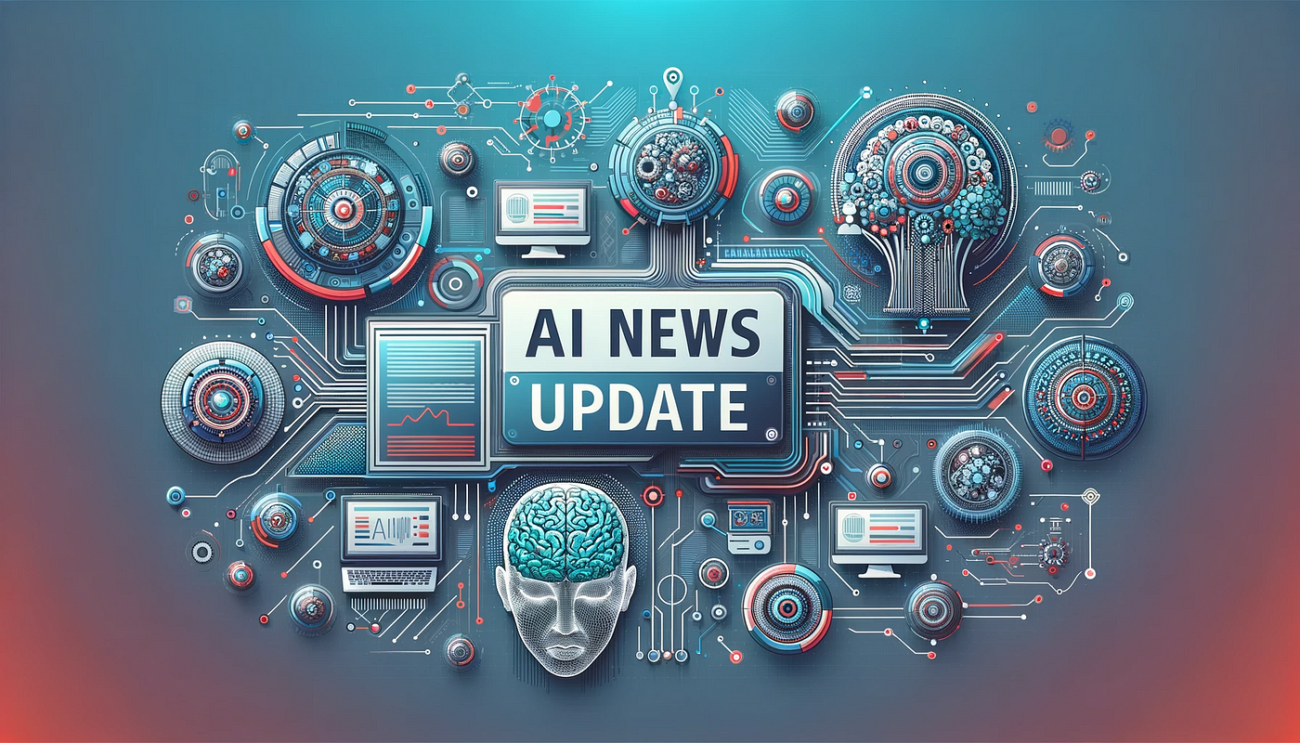
Introduction to AI Generation
Artificial Intelligence (AI) generation refers to the use of advanced algorithms and technologies to produce content, images, music, and even video, mimicking human creativity and decision-making. At the core of AI generation are machine learning (ML) and deep learning (DL) techniques that enable machines to analyze large datasets, recognize patterns, and generate outputs that closely resemble human-crafted work. These technologies have rapidly evolved over the past decade, leading to an expansion in their applications across various sectors including entertainment, healthcare, marketing, and education.
In the realm of content creation, natural language processing (NLP) algorithms are employed to write articles, generate reports, and even compose poetry. This technology has significantly transformed how organizations produce written material, allowing for quicker turnaround times and diversified outputs. In the visual arts, generative adversarial networks (GANs) are pivotal in producing realistic images and artworks, demonstrating their potential in design and advertising industries. Additionally, AI-generated music is finding its footing in both mainstream media and personalized playlists, showcasing an interesting fusion of technology and artistic expression.
The growing prevalence of AI generation brings forth significant implications. As businesses and individuals embrace these advancements for efficiency and cost-effectiveness, concerns regarding intellectual property, authenticity, and job displacement cannot be overlooked. Furthermore, the speed at which AI technology is advancing raises questions about the moral responsibilities of developers and the potential ramifications of their creations. This interplay of innovation and ethical considerations necessitates a careful examination of how AI generation shapes our society, emphasizing that while the benefits are considerable, the darker sides must also be addressed thoughtfully.
Understanding Ethical Concerns
As artificial intelligence continues to evolve and integrate into various facets of society, ethical concerns regarding its impact and application have emerged as prominent issues. Ethical concerns encompass a range of factors that highlight the moral responsibilities associated with the creation and deployment of AI technologies. One of the critical aspects of these concerns is the accountability of creators and users when AI systems generate outputs that may have significant consequences. The question of who is responsible for the actions or decisions made by AI can be complex, often blurring the lines of liability and accountability.
Moral responsibility in the context of AI generation hinges on the understanding that machines, despite their advanced capabilities, lack the intrinsic moral compass that humans possess. When an AI-generated piece of content provokes harm, propagates misinformation, or reinforces biases, ethical dilemmas arise, demanding scrutiny and reflection on the role of designers and developers. The responsibility for such outcomes raises essential questions: Should developers be liable for the actions of their technology? How should society navigate the challenges posed by automated systems that operate independently of human oversight?
The implications of machine-generated content extend beyond individual cases, affecting broader societal norms and values. AI systems can inadvertently perpetuate stereotypes or produce outputs that are misaligned with public interests, resulting in societal polarization or misinformation. As AI generation permeates various sectors, from journalism to creative arts, a concerted effort must be made to address its ethical ramifications. This underscores the importance of establishing guidelines and frameworks that prioritize moral accountability, ensuring that the deployment of AI technologies aligns with societal values and ethical standards.
The Risks of Misinformation
The emergence of artificial intelligence (AI) in content generation has brought significant advancements in various fields; however, it has also facilitated the proliferation of misinformation and deepfakes. These technologies enable the creation of highly realistic and convincing content that can mislead audiences, posing serious ethical challenges. The risks associated with misinformation stem from the ease with which AI can produce, replicate, and disseminate false information across numerous platforms, exacerbating the already prevalent issue of fake news.
One prominent example of AI-generated misinformation can be seen in the rise of deepfake technology, which allows individuals to create realistic audio and video alterations. These manipulations have been used to fabricate public figures’ statements or actions, often resulting in reputational damage and public mistrust. In 2020, a deepfake video of a well-known political leader garnered widespread attention, leading many viewers to question the authenticity of the messages distributed by political parties. Such circumstances illustrate how AI-generated content can sway public opinion, contributing to societal division and confusion.
The ramifications of this misinformation can extend beyond individual reputations; they may also undermine democratic processes. For instance, if voters are manipulated by misleading content during elections, the integrity of the electoral process becomes compromised. Research indicates that misinformation can lead to the eroding of trust in institutions and governmental entities. The ripple effects of this lack of trust can result in lower voter turnout and increased polarization, hindering constructive political discourse.
It is essential to remain vigilant against the risks associated with AI-generated misinformation. Combating this challenge requires collaboration among technology developers, regulatory bodies, and media organizations to establish frameworks that ensure accountability and promote transparency in AI usage. Addressing the issues related to misinformation is crucial to preserving public trust and democratic values in an increasingly digital age.
Bias in AI Algorithms
Artificial intelligence (AI) algorithms are increasingly employed across various sectors, from hiring practices to law enforcement. However, these algorithms can frequently exhibit inherent biases that stem from the data they are trained on. The introduction of bias within AI systems can lead to discriminatory outcomes, disproportionately affecting marginalized communities and perpetuating existing societal inequalities.
Historical instances highlight this issue, where AI algorithms have demonstrated racial, gender, and socioeconomic biases. For example, facial recognition software has shown higher error rates for individuals with darker skin tones, prompting concerns about racial profiling and surveillance practices. This bias arises primarily from unrepresentative training datasets, which overlook and under-represent these demographic groups, leading to algorithms that may wrongly identify or misinterpret their features. Similarly, predictive policing algorithms have faced criticism for targeting low-income neighborhoods predominately inhabited by people of color, reinforcing biases in law enforcement.
The implications of biased AI algorithms are profound. They can lead to unfair job recruitment processes, unequal access to financial services, and even wrongful arrests. Marginalized groups often bear the brunt of these consequences, as biases can amplify existing inequalities in various facets of life. Moreover, when biased algorithms produce harmful results, it erodes trust in technological advancements and raises critical ethical questions regarding accountability and transparency in AI development.
Addressing bias in AI requires concerted efforts from both developers and stakeholders. Proper auditing of algorithms, employing diverse datasets, and involving multidisciplinary teams in the design process are essential steps toward mitigating these biases. By critically assessing AI systems’ fairness and equity, we can foster a more inclusive technological landscape that serves all segments of society rather than perpetuating inequalities. Ultimately, the continued monitoring and refinement of AI algorithms are vital to ensure they contribute to societal equity, rather than undermine it.
Privacy Issues and Surveillance
The rapid advancement of artificial intelligence (AI) technologies has raised significant privacy concerns, particularly in the realm of data collection and surveillance. Personal information is increasingly captured, analyzed, and stored by various AI-driven platforms, often without the explicit consent of individuals. This raises ethical dilemmas about the extent to which technology should intrude into private lives and the potential misuse of the data collected.
One major concern is the capacity of AI systems to create detailed profiles of individuals based on seemingly innocuous data points, such as browsing habits, social media interactions, and location tracking. These profiles can then be used for targeted advertising or, more worryingly, for surveillance purposes by governments or corporations. This level of data aggregation creates a chilling effect, where individuals may feel their privacy is compromised, leading to self-censorship and altering behaviors in public spaces.
Furthermore, the transparency surrounding how data is collected, utilized, and shared is often limited. Many users are unaware of the algorithms processing their information or the entities accessing it. This opacity complicates users’ ability to make informed decisions regarding their privacy rights. In many jurisdictions, existing data protection laws struggle to keep pace with the technological advancements of AI, allowing robust surveillance practices to flourish without adequate checks and balances.
The ethical implications of these surveillance practices demand critical examination. Questions arise regarding the trade-off between security and privacy, and whether the perceived benefits of AI surveillance justify the potential loss of individual freedoms. This discourse is pivotal as society grapples with balancing the capabilities of AI technologies with the foundational principles of privacy and personal autonomy, emphasizing the need for stringent ethical standards and regulations to guide AI deployment.
Intellectual Property and Copyright Challenges
The rise of artificial intelligence (AI) in content creation has generated significant discourse around intellectual property (IP) and copyright issues. As AI systems become increasingly capable of generating text, images, and music, questions concerning ownership and authorship emerge. One of the foremost challenges is determining who owns the content produced by AI: the developers of the AI, the users who prompted its activity, or perhaps the AI itself? Traditional legal frameworks struggle to address these questions adequately, leading to uncertainties in the application of intellectual property rights.
Currently, copyright laws are designed primarily to protect the rights of human creators. Under these laws, the author of a work holds exclusive rights, but AI-generated content complicates this notion. If an AI creates a piece of art or literature without direct human intervention, it raises ethical dilemmas regarding ownership. For instance, if a user inputs a prompt into an AI model that creates a novel, the question arises: does the user have the right to claim authorship? Or does the credit belong to the AI developers who designed the model, which is capable of such creation? This grey area in copyright law poses challenges for both individual creators and industries that rely on intellectual property for their livelihood.
The Impact on Employment and Labor
The rise of artificial intelligence (AI) generation presents a transformative shift in various industries, rapidly reshaping employment landscapes and labor practices. As organizations increasingly turn to AI for task automation and decision-making, the implications for the job market cannot be overlooked. While AI systems can enhance efficiency, reduce costs, and improve accuracy, they also pose significant challenges to traditional employment structures.
One of the most pressing concerns is job displacement. Automation-driven AI technologies can perform tasks that were once solely the responsibility of human workers, ranging from manufacturing to customer service roles. This technological advancement can potentially lead to the redundancy of numerous positions, disproportionately affecting lower-skilled workers who may find it difficult to transition to new roles requiring different skill sets. This shift raises ethical questions about the responsibility of companies and governments in managing the transition for affected employees.
Moreover, the implementation of AI-driven processes may contribute to deepening economic inequality. As companies adopt AI to maximize profitability, those who possess higher levels of education and specialized skills may benefit from new and emerging roles, while those with less education may face increasingly limited job opportunities. Such disparities raise concerns about access to training and educational resources, which are crucial for workers seeking to adapt to an evolving labor market.
Furthermore, the ethical implications extend beyond employment numbers; they encompass the responsibility of organizations to create equitable working environments. Employers must consider fair compensation, job security, and opportunities for upskilling within an AI-enhanced business model. Such considerations can foster a more inclusive workforce that embraces the potential benefits of AI without compromising the livelihoods of existing employees.
In light of these ethical concerns, it is vital for stakeholders to engage in thoughtful discussions about the future of work in the age of AI, ensuring that both technological innovation and human well-being are prioritized.
Regulatory and Policy Responses
The rapid advancement of artificial intelligence (AI) technologies has necessitated a comprehensive approach to regulation and policy development. As AI generation becomes increasingly integrated into various sectors, it raises significant ethical concerns that require robust regulatory frameworks to address. Policymakers around the world are recognizing the importance of establishing guidelines that not only ensure the responsible use of AI but also protect fundamental rights and societal norms.
Current legislative efforts reflect a growing awareness of the ethical implications of AI. The European Union, for example, is at the forefront of this initiative with its proposed AI Act, which aims to categorize AI systems based on risk levels and impose corresponding regulatory requirements. This proposal highlights the necessity for a nuanced approach that prioritizes safety and accountability while fostering innovation. Similarly, the United States has seen various states enact their own regulations concerning data privacy and algorithmic transparency, signifying a decentralized approach to AI governance.
However, the challenge lies in keeping regulatory measures aligned with the pace of technological advancements. Policymakers often struggle to foresee the implications of rapidly evolving AI technologies, which can lead to outdated regulations that fail to address new ethical dilemmas. Furthermore, the global nature of AI development complicates regulatory efforts, as differing laws across jurisdictions may create loopholes that bad actors can exploit. Consequently, international cooperation is essential for establishing common standards and practices that can effectively address the ethical concerns related to AI generation.
In recognizing the challenges of regulation, it is essential to adopt a proactive rather than reactive stance on AI ethics. By fostering dialogue among stakeholders, including technologists, ethicists, and policymakers, we can better understand the implications of AI technologies and implement effective and responsive regulatory frameworks that can adapt to the evolving landscape of artificial intelligence.
The Path Forward: Ethical AI Development
The advancement of artificial intelligence (AI) presents both opportunities and challenges, necessitating a keen focus on ethical development and deployment. Addressing ethical concerns requires a collaborative approach involving technologists, ethicists, and policymakers. By establishing a framework for ethical AI development, stakeholders can work together to ensure that these technologies benefit society at large while minimizing potential harms.
First and foremost, transparency is crucial in AI systems. Developers should provide clear documentation of the algorithms and data used in AI training processes, enabling stakeholders to understand how decisions are made. Additionally, implementing explainability in AI models can help users comprehend the rationale behind AI-generated decisions. This openness fosters trust among users and can alleviate fears surrounding AI misuse or biases inherent in system outputs.
Secondly, the integration of ethical considerations into the design phase of AI systems is paramount. Emphasizing ethical guidelines developed in consultation with ethicists can help ensure that issues such as fairness, accountability, and non-discrimination are addressed. Establishing standards for data collection and usage, alongside regular audits of AI systems, can mitigate risks associated with biased data or algorithmic decision-making. Such proactive measures contribute to building ethical AI technologies that reflect societal values.
Furthermore, collaboration among stakeholders must extend beyond individual organizations. Governments and regulatory bodies should engage in dialogue with technologists to create comprehensive policies that offer guidelines for ethical AI use across industries. This collective endeavor can help align technological progress with societal needs, ensuring that AI serves the common good. By prioritizing ethics in AI development, the technology can evolve responsibly, promoting innovation while safeguarding human rights and ethical standards.





